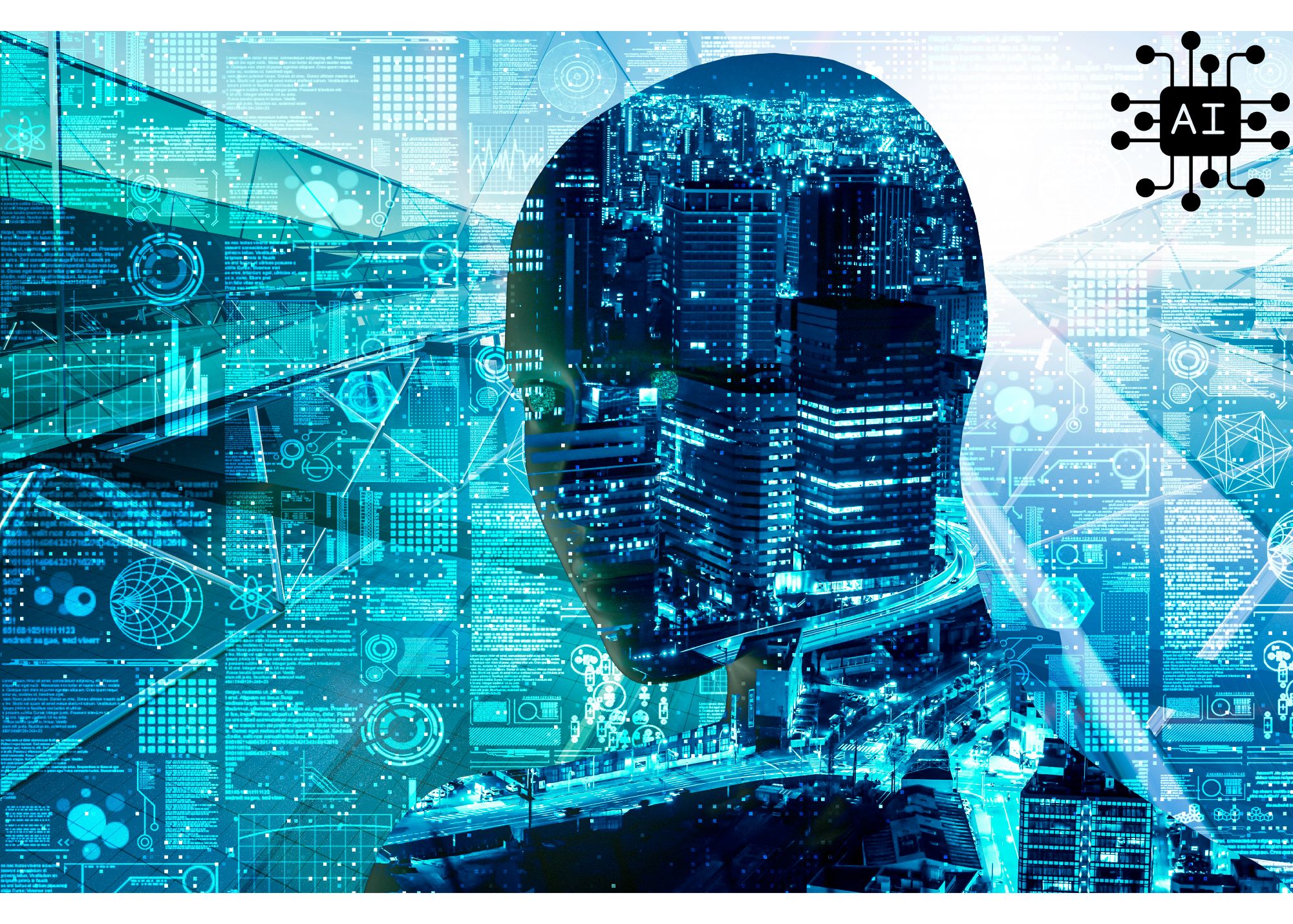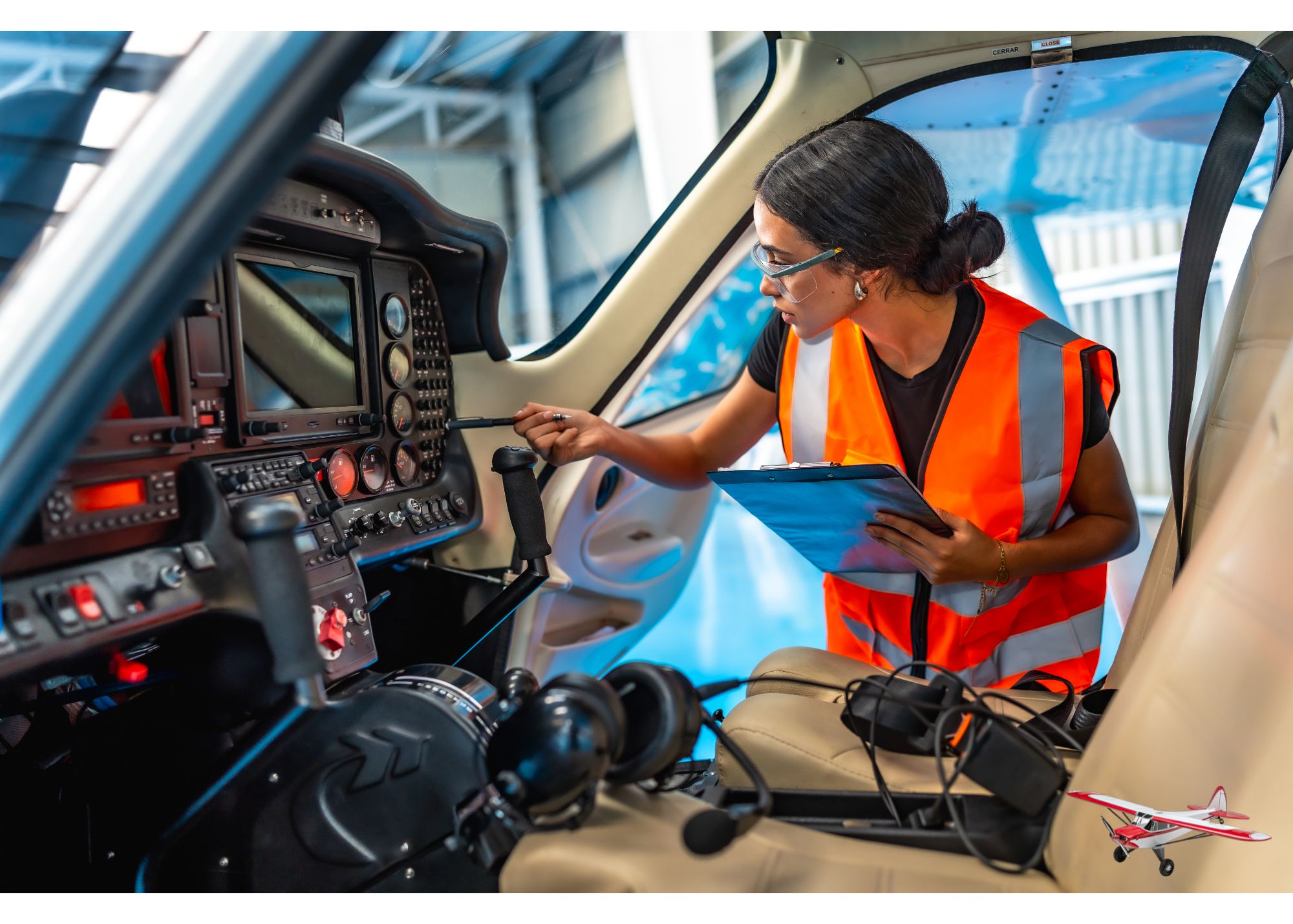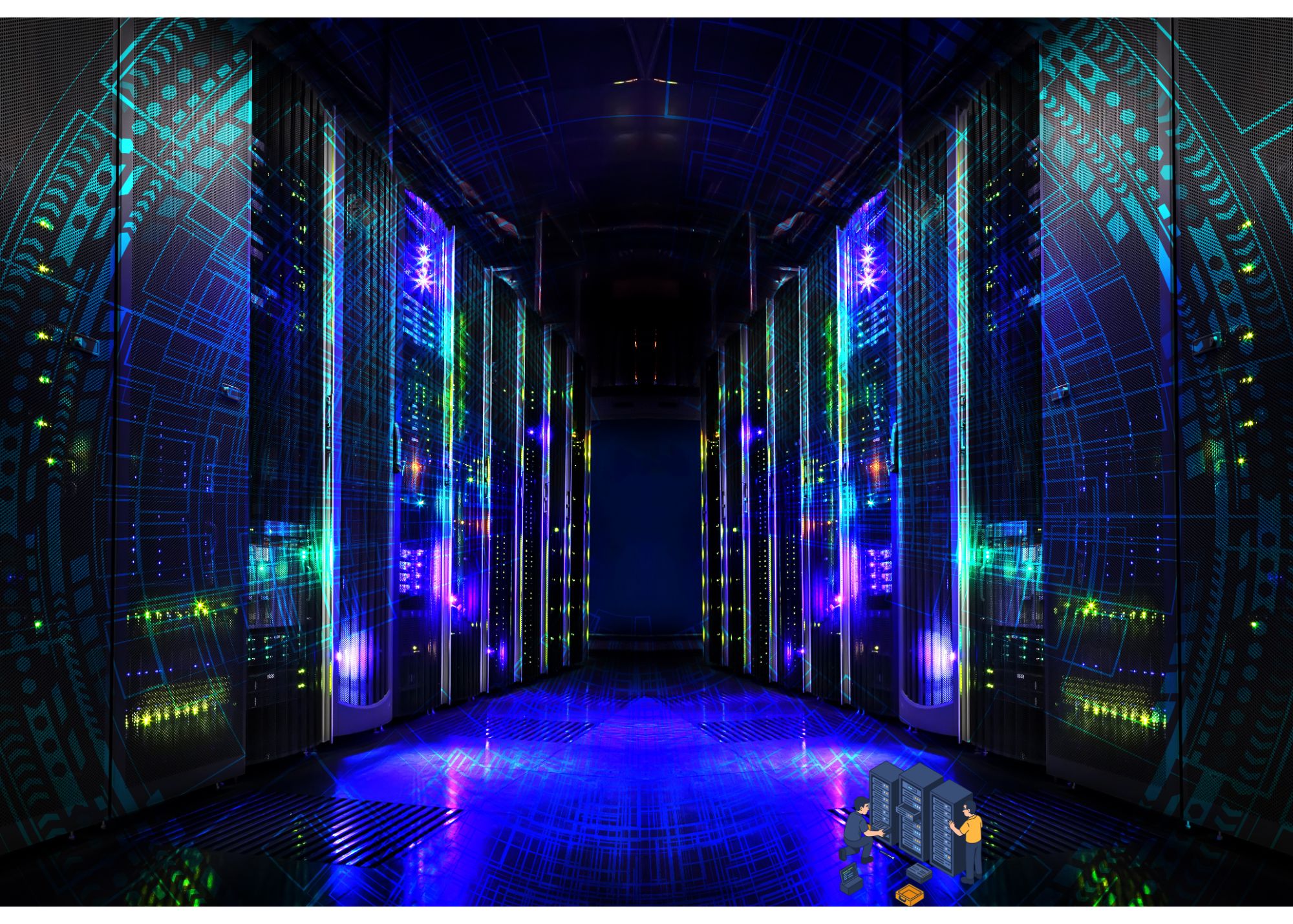Buffett’s Final Chapter Begins
On May 3, Warren Buffett made headlines with the announcement that he will officially step down as CEO of Berkshire Hathaway at the end of 2025—a position he’s held since 1965. That’s a 60-year reign marked by one of the greatest investing track records in history. Under Buffett’s watch, Berkshire compounded returns at an astonishing 19.9% annually. To put that in perspective: a $1,000 investment in 1965 would be worth $44.7 million today. Had you simply tracked the S&P 500, you’d have just $343,000.
Buffett may be passing the torch, but he’s not disappearing. He’ll stay on as chairman, meaning his influence—especially around long-term capital allocation—will still echo through the halls of Berkshire for years to come.
While Buffett has famously avoided jumping on hot trends, including the current AI gold rush, several of Berkshire’s biggest holdings are now tapping into artificial intelligence in a way that could reshape their futures and, by extension, Berkshire’s. Together, just three AI-forward companies make up nearly 33% of the $286 billion public equity portfolio.
Let’s dive into each.
Key Points
-
Warren Buffett will retire as CEO of Berkshire Hathaway in 2025 after 60 years and 19.9% annualized returns. He’ll stay on as chairman, ensuring his long-term investing approach endures.
-
Amazon, Coca-Cola, and Apple—together nearly 33% of Berkshire’s holdings—are now leveraging AI to drive growth, from custom chips and enterprise tools to AI-driven product innovation and device upgrades.
-
Buffett may have avoided AI hype, but his top holdings are using AI to boost efficiency and profits—positioning Berkshire to benefit from the AI revolution without betting on unproven startups.
The AI Powerhouse Hiding in Plain Sight
Buffett admitted he was late to the Amazon party, finally buying in 2019. Today, it’s a small sliver of the portfolio—but it might be one of the most potent plays on the future of AI inside Berkshire.
Most investors know Amazon uses AI for personalized shopping suggestions and voice assistants. But what flies under the radar is just how deep its AI infrastructure now runs. Amazon Web Services (AWS), the backbone of the internet, has built its own in-house AI chips—Trainium and Inferentia—that cut costs by as much as 40% compared to using Nvidia’s hardware.
Even more disruptive? AWS launched a proprietary family of large language models, Nova, designed to save developers up to 75% in costs versus rival models. That’s a serious shot across the bow at OpenAI, Google, and Meta.
Amazon also rolled out “Amazon Q,” an AI business assistant built into AWS. It’s trained on internal enterprise data and can accelerate software coding by up to 80%—a game-changer for productivity and cost efficiency.
In Q1 2025 alone, Amazon brought in $155.7 billion in revenue. AWS was responsible for $29.3 billion of that—but the real story is that AWS’s AI revenue is now on a multibillion-dollar run rate, growing at triple-digit percentages year-over-year. Traders should be watching for AWS to evolve from a cloud leader into the central nervous system of enterprise AI.
A Century-Old Brand Leaning into AI
Coca-Cola might be the last company you’d expect to have an AI play—but it’s quietly becoming one of the most innovative adopters among consumer staples.
In 2023, Coke appointed Pratik Thakar as its global head of generative AI—a position few in the food and beverage industry had even considered at the time. One of his team’s first projects? Co-developing a futuristic drink called Coca-Cola Y3000, a flavor formulated by AI based on predictive customer taste preferences centuries into the future.
Even more notable: In 2024, Coca-Cola inked a $1.1 billion deal with Microsoft Azure to integrate AI into manufacturing, supply chains, and marketing across its global operations. That’s not just a tech flex—it’s a clear bet that automation and predictive modeling will drive operating margin expansion.
Buffett originally invested in Coca-Cola back in the late ’80s and early ’90s, scooping up 400 million shares for $1.3 billion. That stake is now worth $28.6 billion, and Berkshire collected $776 million in dividends from Coke in 2024 alone. It’s the ultimate set-it-and-forget-it holding, now getting a modern upgrade.
The Sleeping Giant of Consumer AI
Apple is far and away Berkshire’s largest position—and while Buffett trimmed it in 2023 to reduce concentration risk, the stake still represents more than one-fifth of the entire portfolio.
What many traders don’t fully appreciate is how quietly Apple has laid the foundation for mass-market AI. By designing its own chips—like the A17 Pro and M-series—it’s created a vertical ecosystem optimized for AI workloads. These chips are already embedded in iPhones, iPads, and Macs, powering Apple’s latest suite: Apple Intelligence.
Apple Intelligence offers tools like real-time email summarization, context-aware Siri, AI-generated replies, and notification prioritization. Plus, with ChatGPT integration, Siri is finally evolving into a genuinely useful assistant.
Here’s the kicker: Apple has 2.35 billion active devices worldwide, which makes it the largest AI distribution network on Earth. That gives Apple a massive strategic edge—not just in monetizing AI software but in driving hardware upgrades. Expect a new upgrade cycle to kick in as users seek devices capable of unlocking Apple’s full AI stack.
Buffett and team invested roughly $38 billion in Apple between 2016 and 2023. Despite paring it back, Apple could still deliver Berkshire enormous returns as its AI ecosystem matures.



